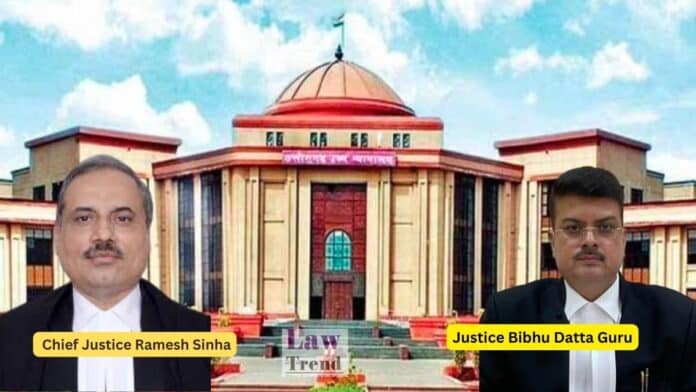The Chhattisgarh High Court has declared Rule 11(a) and Rule 11(b) of the Chhattisgarh Medical Post Graduate Admission Rules, 2025 as ultra vires and unconstitutional. The Division Bench, comprising Chief Justice Ramesh Sinha and Justice Bibhu Datta Guru, ruled that residence-based reservation in Post Graduate (PG) medical courses violates Article 14 of the Constitution of
To Read More Please Subscribe to VIP Membership for Unlimited Access to All the Articles, Download Available Copies of Judgments/Order, Acess to Central/State Bare Acts, Advertisement Free Content, Access to More than 4000 Legal Drafts( Readymade Editable Formats of Suits, Petitions, Writs, Legal Notices, Divorce Petitions, 138 Notices, Bail Applications etc.) in Hindi and English.




